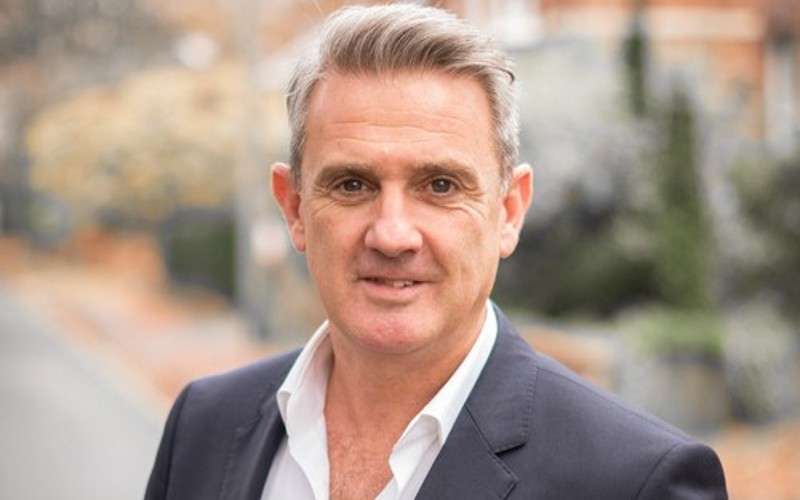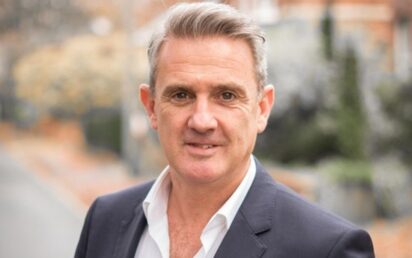The boss of ISP 4th Utility has questioned the government’s approach to Levelling Up, saying ‘actions speak louder than words’.
Tony Hughes is the CEO of Internet Service Provider 4th Utility, which supplies ultrafast, full fibre connectivity to homes and businesses across the UK, specialising in apartment blocks.
He said politicians should focus less on ‘vanity projects’ in favour of getting the ‘fundamentals’ right to improve the economy.
“I do question HS2,” he told BusinessCloud. “It’s a huge amount of money. When I go down to London on the train, I can’t even make a phone call. You can’t get online.
“It would probably cost no more than £1.5 billion, maybe less to fix the broadband, across the UK in some of these places. Do you need to get to London half an hour quicker or do you want to be able to work on the way down?
“I think if you truly want to drive an economy in the North, it’s got to have some of the real facilities that I believe drive an economy and the economy is going digital. Superfast fibre is a must and it’s a must-have for everybody.”
4th Utility is a challenger brand and raised £25m in August 2020 from DIF Capital. The company achieved revenue of £1.3m in the 12 months to March 2021, and is currently aiming to achieve a revenue of £3.6m in the current financial year.
Hughes said only 12 per cent of the UK has got access to full fibre and that should be the priority of politicians.
“That’s where we’re letting this country down,” he said. “There’s a big issue around digital inclusion. One million children were excluded from school during the pandemic because they couldn’t get access to digital, to broadband.
“For me, fixing some of those fundamentals and understanding where the world is going, which is digital, is probably a lot better spend, then what I would view as a vanity project in HS2.”
Northern tech leader backs Levelling Up but says the time is now
4th Utility currently employs around 50 employees at their office in Hale, Cheshire, and Hughes wants to have a 10 per cent market share of the six million apartment blocks in the UK.

